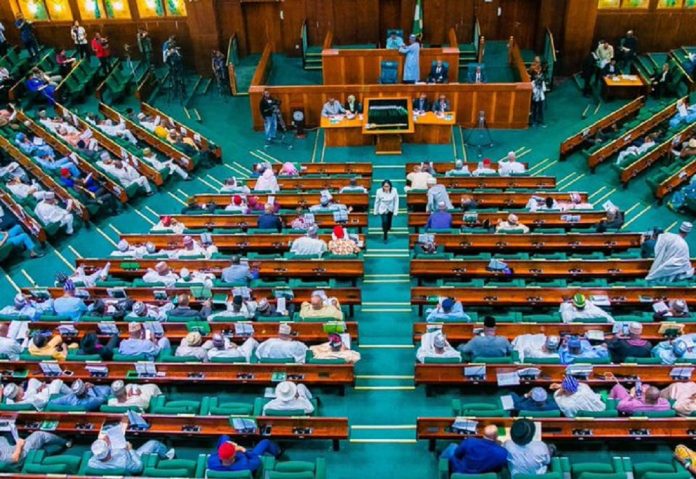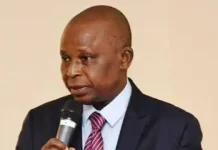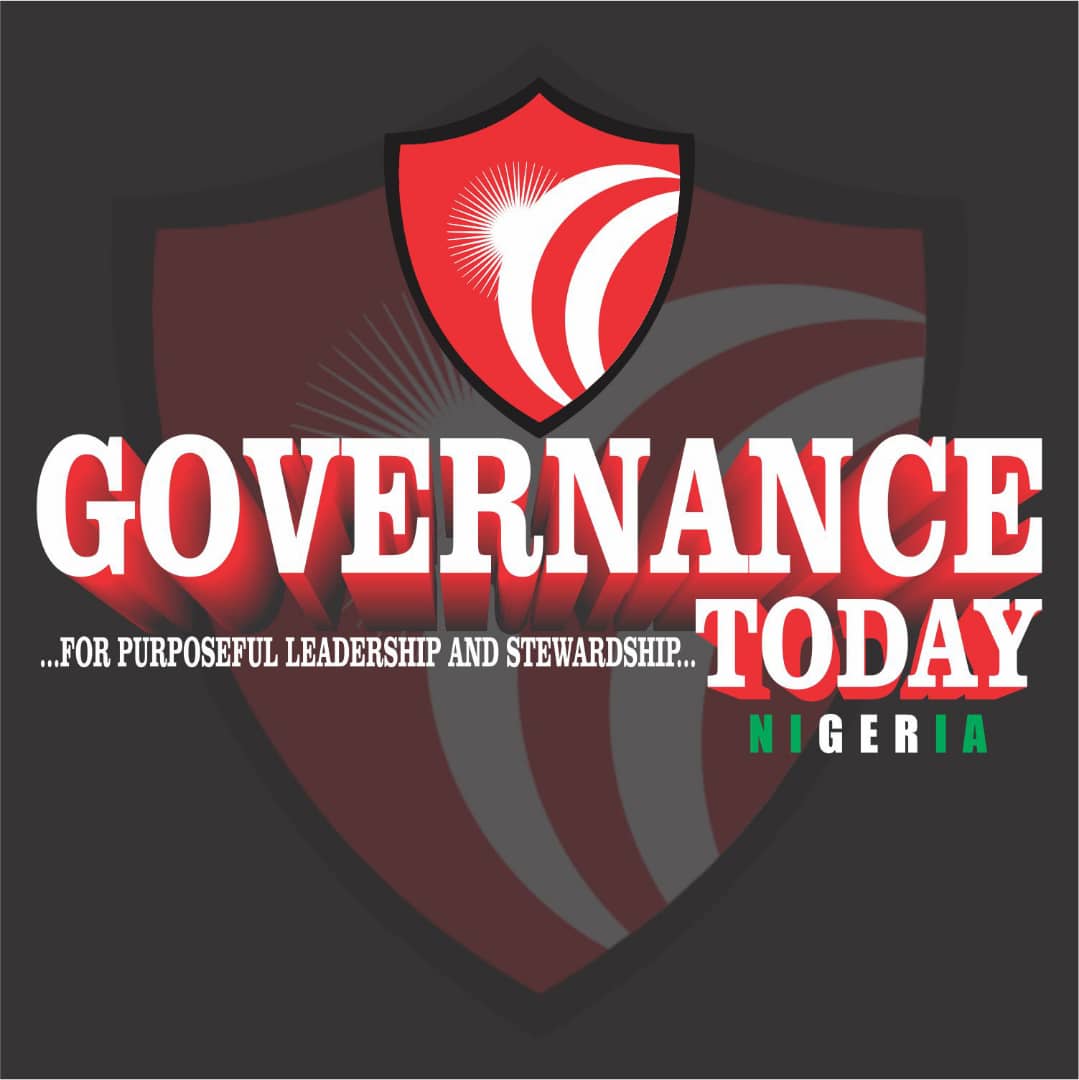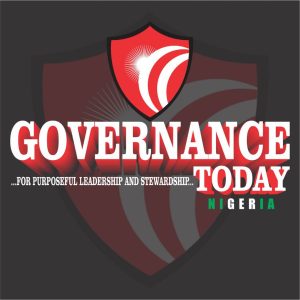Speaker of the House of Representatives, Abbas Tajudeen has announced the withdrawal of a controversial bill aimed at making voting mandatory for all eligible Nigerians. This decision comes after significant public backlash and widespread discussions with various stakeholders across the country.
The bill, co-sponsored by Tajudeen and Representative Daniel Asama Ago, sought to amend the Electoral Act of 2022 in hopes of increasing voter participation and strengthening Nigeria’s democratic processes. However, after the bill passed its second reading in the House last Thursday, it ignited a heated debate among lawmakers and the general public.
In a statement released by his media aide, Musa Krishi, Tajudeen explained the rationale behind the withdrawal. “Our initial goal was to enhance voter engagement and promote a robust democracy by boosting turnout at the polls,” the statement noted. However, feedback from citizens highlighted concerns regarding personal freedoms and the practicality of enforcing such a law in Nigeria’s diverse societal landscape.
Supporters of the bill argued that compulsory voting could lead to higher voter turnout, drawing parallels with countries like Australia, Belgium, and Brazil, where such measures have proven effective. Conversely, critics voiced apprehensions about infringements on individual rights and questioned the feasibility of enforcement in a nation grappling with numerous electoral challenges.
In response to the backlash, Tajudeen reflected on the essence of lawmaking, stating, “It is imperative that any new legislation respects the freedoms of our citizens. Instead of imposing mandatory voting, we will focus on encouraging participation, particularly among young voters and first-time electors.”
He emphasized the need to cultivate a culture of voluntary voting that aligns with Nigeria’s unique context. “This withdrawal allows us the opportunity to engage in further dialogue on how we can foster an environment where citizens feel empowered to vote without coercion,” he added.
Many Nigerians have urged their leaders to prioritize addressing pressing issues such as election-related violence, systemic distrust in the electoral process, and logistical challenges that often hinder voter participation. These factors, they argue, are more critical to enhancing electoral turnout than enforcing a compulsory voting law.









